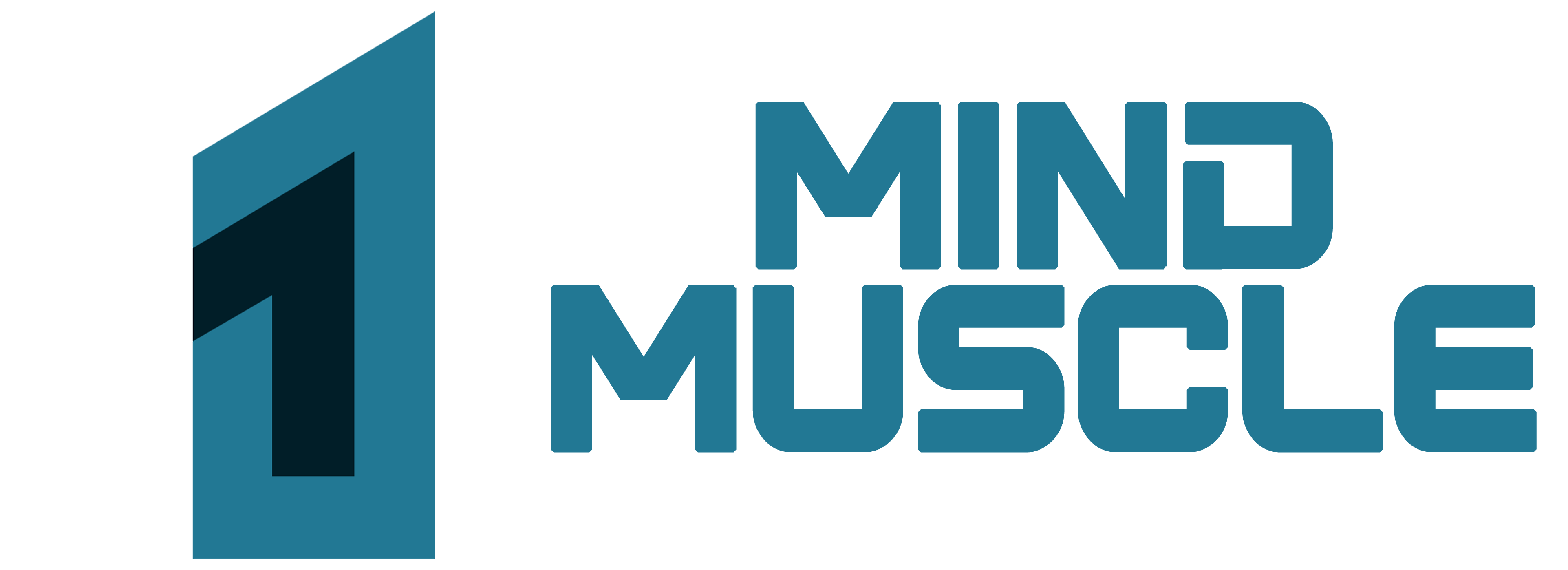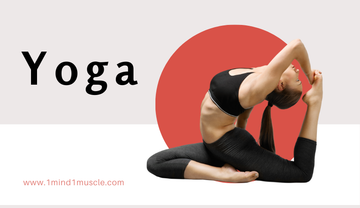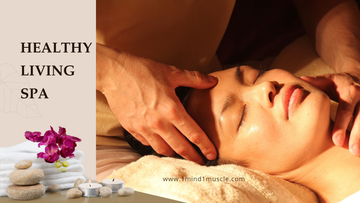Introduction
A balanced lifestyle is the key to achieving health, happiness, and success. But what does it really mean to live a balanced life? It’s about maintaining harmony between physical health, mental well-being, relationships, work, and personal growth.
When life is unbalanced, stress, burnout, and dissatisfaction can take over. An imbalanced lifestyle can lead to health issues, relationship struggles, and even decreased productivity at work. On the other hand, when all aspects of life are in sync, you feel energized, fulfilled, and more in control of your life.
In this ultimate guide, we’ll explore every element that contributes to a well-balanced life. Let’s dive in!

Understanding a Balanced Lifestyle
Definition and Key Aspects
A balanced lifestyle means creating stability in all areas of life—physical, emotional, mental, social, and professional. It doesn’t mean that everything has to be perfect but rather that there’s a healthy distribution of time and energy among different life aspects.
The Role of Physical, Mental, and Emotional Health
- Physical health: Includes proper exercise, nutrition, and sleep.
- Mental well-being: The ability to manage stress, stay positive, and remain focused.
- Emotional health: Developing self-awareness, resilience, and strong relationships.
Myths About a Balanced Lifestyle
- Myth #1: A balanced life means equal time for everything. (Reality: It’s about prioritization.)
- Myth #2: Only successful people can achieve balance. (Reality: Anyone can, with the right habits.)
- Myth #3: Balance means avoiding hard work. (Reality: It’s about smart work and self-care.)
Physical Well-being: The Foundation of Balance
Importance of Exercise and Movement
Exercise is essential not just for physical health but also for mental clarity and emotional stability. Regular movement boosts mood, improves sleep, and increases energy levels.
Best Workouts for Different Lifestyles
- Busy professionals: Quick HIIT workouts (15–20 minutes)
- Stay-at-home parents: Yoga or home workouts
- Seniors: Walking, stretching, and light strength training
The Role of Sleep in Maintaining Balance
Quality sleep is crucial for overall well-being. Poor sleep affects mood, memory, and physical health. Aim for at least 7–9 hours of sleep per night.
Nutrition: Eating for a Healthier Life
The Importance of a Well-Balanced Diet
What you eat directly impacts your energy, mood, and overall health. A diet rich in whole foods provides essential nutrients to keep your body and mind functioning optimally.
Superfoods for a Balanced Lifestyle
- Avocados: Good fats for brain health
- Leafy greens: Rich in vitamins and minerals
- Nuts and seeds: Excellent source of protein and healthy fats
- Berries: Packed with antioxidants for immune support
Meal Planning and Healthy Eating Habits
- Plan ahead: Prepare meals in advance to avoid unhealthy choices.
- Eat mindfully: Slow down and savor your food.
- Stay hydrated: Drink plenty of water daily.
Mental Health and Mindfulness
How Stress Affects Balance
Chronic stress leads to burnout, fatigue, and even physical illness. Managing stress effectively is a critical component of a balanced lifestyle.
Meditation and Relaxation Techniques
- Deep breathing exercises to calm the nervous system
- Mindfulness meditation for self-awareness and focus
- Journaling to process emotions and reflect on life
Strategies to Improve Mental Clarity and Focus
- Take breaks between tasks
- Limit distractions
- Practice gratitude daily
Emotional Well-being and Relationships
Importance of Emotional Intelligence
Understanding your emotions and managing them effectively enhances relationships, decision-making, and overall well-being.

Building Healthy Relationships
- Communication is key: Express yourself openly and listen actively.
- Set boundaries: Protect your mental and emotional space.
- Surround yourself with positive people: They influence your energy and mindset.
The Impact of Social Connections on Overall Balance
Strong social connections improve happiness, reduce stress, and provide emotional support during tough times.
Conclusion
A balanced lifestyle is about making intentional choices that support your overall well-being. From physical health to emotional well-being, work-life balance, and financial stability, each element contributes to a fulfilling life. The key is to create habits that align with your goals and values while adapting to life’s changes.
By incorporating these strategies into your daily routine, you’ll experience improved health, reduced stress, and a greater sense of happiness. Start small, be consistent, and enjoy the journey to a well-balanced life.





